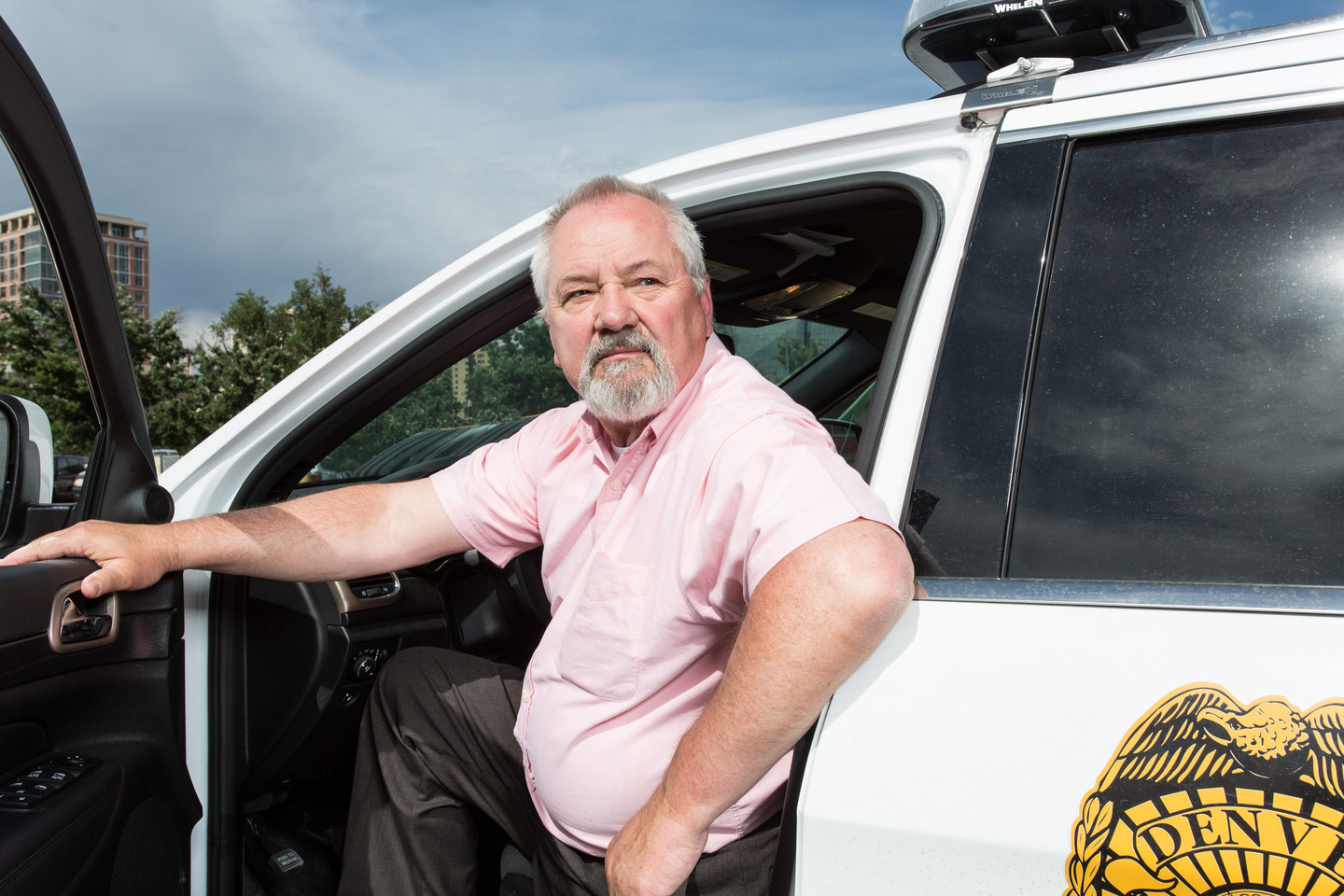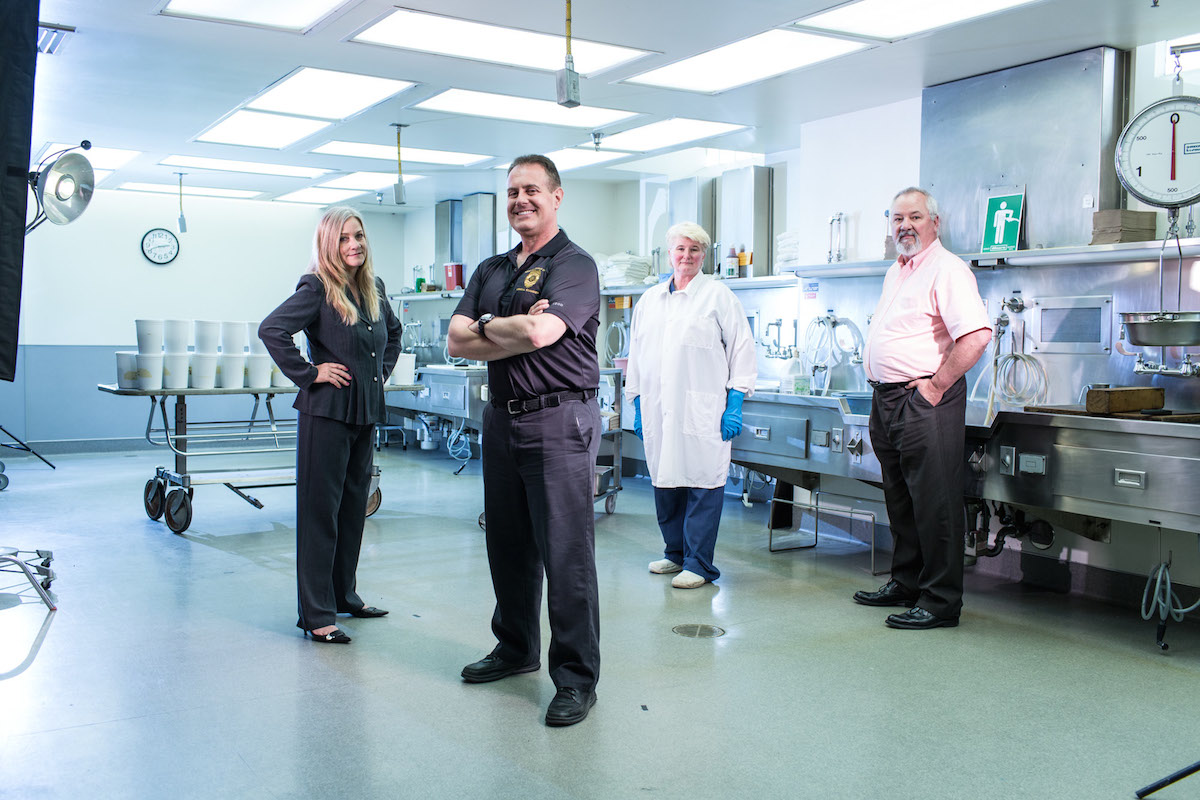The Local newsletter is your free, daily guide to life in Colorado. For locals, by locals.








The staff at the Denver Office of the Medical Examiner continue to tend to the dead—even if they don’t know where they’ll be doing their jobs next.

The Local newsletter is your free, daily guide to life in Colorado. For locals, by locals.